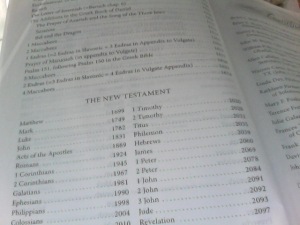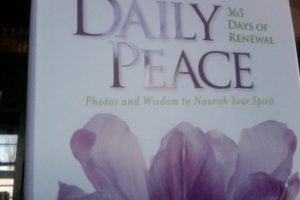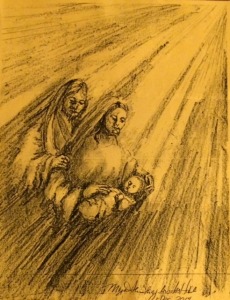Where there is Poverty and Joy,
there is neither Cupidity nor Avarice.
St. Francis, The Admonitions, XXVII
Merriam-Webster has one of my favorite websites – Word of the Day, language games, and access to a world class dictionary and thesaurus. There are also short essays so well written that just about any subject is made interesting. As an avid reader and habitual writer, www.merriam-webster.com is a verbal playground. So as I was pondering what to write about Cupidity, I took a look at Merriam-Webster’s definition. The first one: inordinate desire for wealth. The second: strong desire, lust.
When I first read Francis’ words, I paired poverty with avarice and cupidity with joy – an instance of chiasmus, with the word pairings making an “X” when connected by lines. In that case, it’s the second definition of Cupidity that serves as Joy’s opposite. Lust is desiring someone as an object for fulfilling sexual desires; it turns the desired person into a thing rather than honoring that person as a companion in an intimate physical expression of joy. God knows the news is full of cupidity these days – sad tales of women and men intimidated and threatened if they refused to submit to unwanted advances. Such actions are harmful, draining joy from future relationships as well as bringing pain in current circumstances.
I think that first impression is right, but incomplete: all four words relate, either as companions or as contrasting qualities. Merriam-Webster’s first definition of Cupidity is about seeking wealth without thought for its consequences or its true worth. With no thought to what is necessary and life-giving, cupidity is the absence of poverty just as surely as it is joy – and avarice is cupidity in action.
Why is it that sex and wealth, such powerful forces, can lead to a life in ruins or a taste of heaven on earth?





